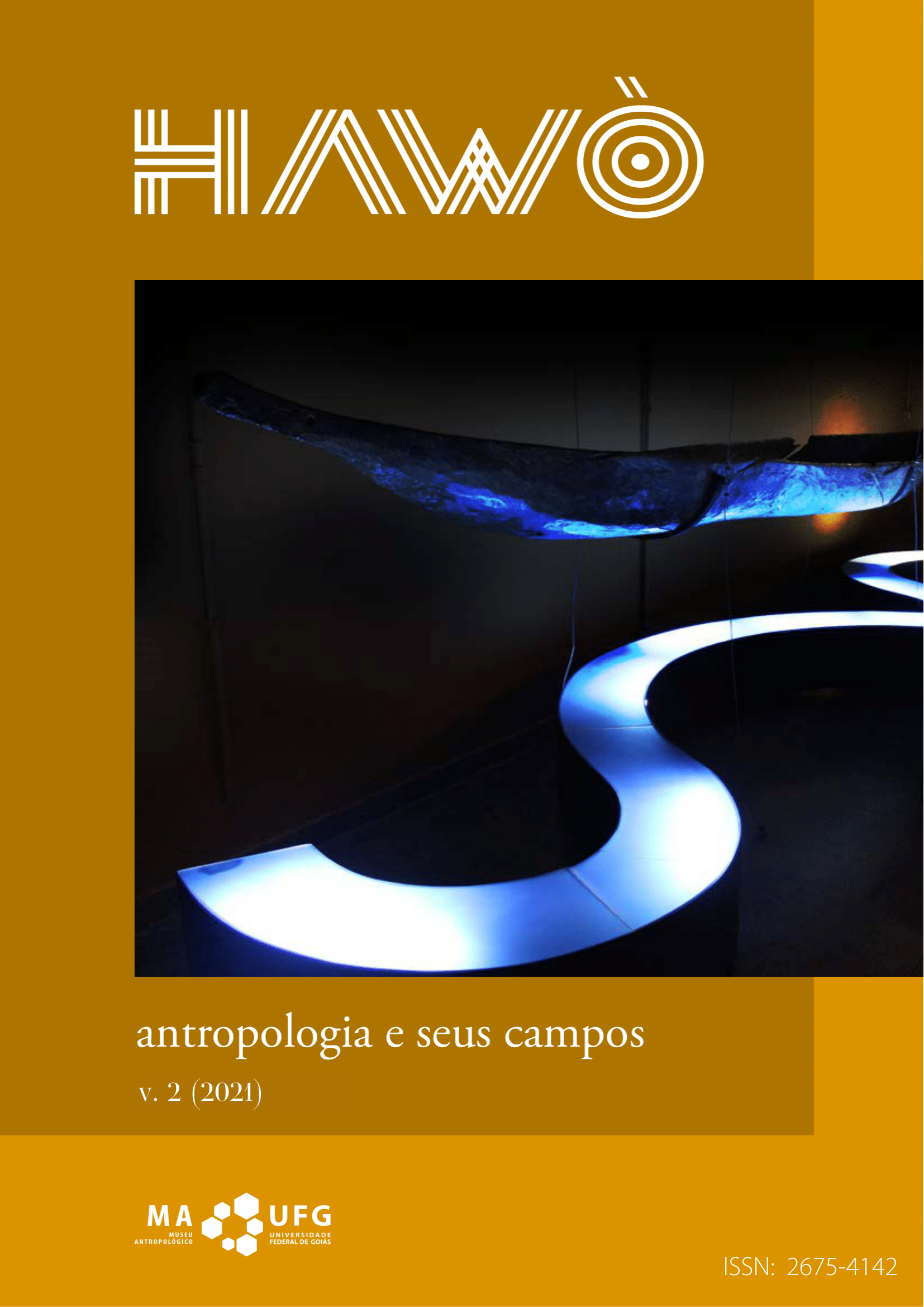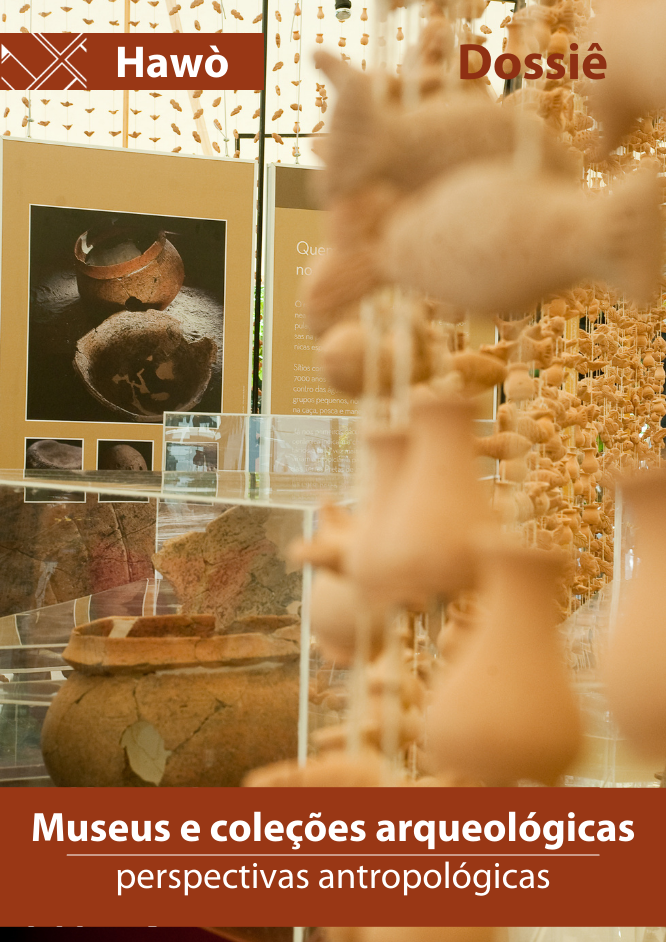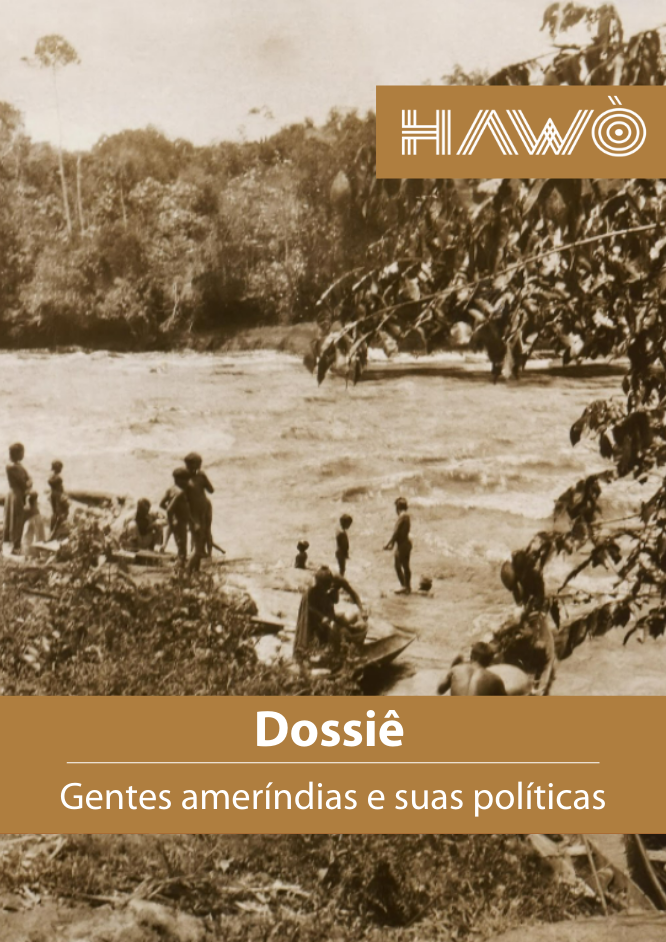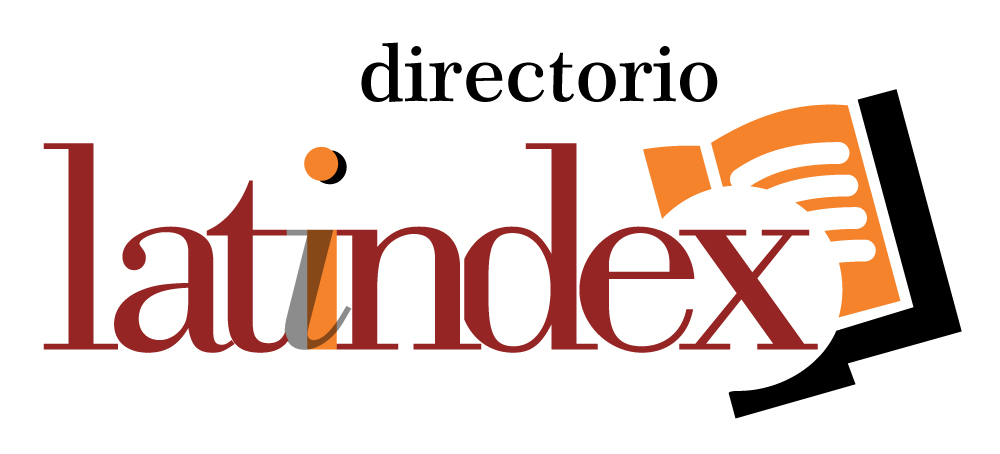Vol. 2 (2021):

This dossier seeks to contribute to the debate about the social role of archaeological museums and collections from an anthropological perspective. In recent years, anthropological museums have been implementing changes in museum practices which are more in tune with agendas of decolonialization, looking to reach out to communities who are related to their collections, especially indigenous peoples. This is seen as an opportunity to add new meanings to collections and enable multivocal narratives, in addition to the traditional scientific and academic discourses at museums.
Archaeology museums, as well as archaeological practices in a broader sense, face particular challenges to advance in this direction, given their holding of what is often the material testimonies of longstanding histories that affect the present and future of different social groups and localities. These challenges are due to both the practices of archaeological research and collection, and the institutional conceptions about what constitutes an archeology museum, collection, and archaeological research itself. Challenges also arise in the scope of collection practices and the reframing of the meaning of collections by individuals, social groups, or communities with very promising experiential potential, but which demand changes in the legal and institutional contexts.








